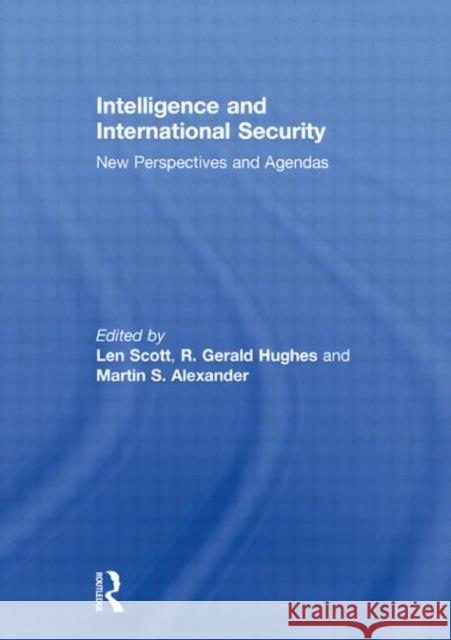Intelligence and International Security : New Perspectives and Agendas » książka
Intelligence and International Security : New Perspectives and Agendas
ISBN-13: 9780415583879 / Angielski / Twarda / 2010 / 184 str.
Intelligence and International Security : New Perspectives and Agendas
ISBN-13: 9780415583879 / Angielski / Twarda / 2010 / 184 str.
(netto: 741,76 VAT: 5%)
Najniższa cena z 30 dni: 725,69
ok. 16-18 dni roboczych.
Darmowa dostawa!
The events of 9/11 and subsequent acts of jihadist terrorism, together with the failures of intelligence agencies over Iraq's Weapons of Mass Destruction, have arguably heralded a new age of intelligence. For some this takes the form of a crisis of legitimacy. For others the threat of cataclysmic terrorism involving chemical, biological, radiological or nuclear attack gives added poignancy to the academic contention that intelligence failure is inevitable. Many of the challenges facing intelligence appear to be both new and deeply worrying. In response, intelligence has clearly taken on new forms and new agendas. How these various developments are viewed depends upon the historical, normative and political frameworks in which they are analysed. This book addresses fundamental questions arising in this new age. The central aim of the collection is to identify key issues and questions and subject them to interrogation from different methodological perspectives using internationally acclaimed experts in the field. A key focus in the collection is on British and North American perspectives. Recent trends and debates about the organisation and conduct of intelligence provide key themes for exploration. Underpinning several contributions is the recognition that intelligence faces a conflict of ideas as much as practices and threats. This book was published as a special issue of Intelligence and National Security.











